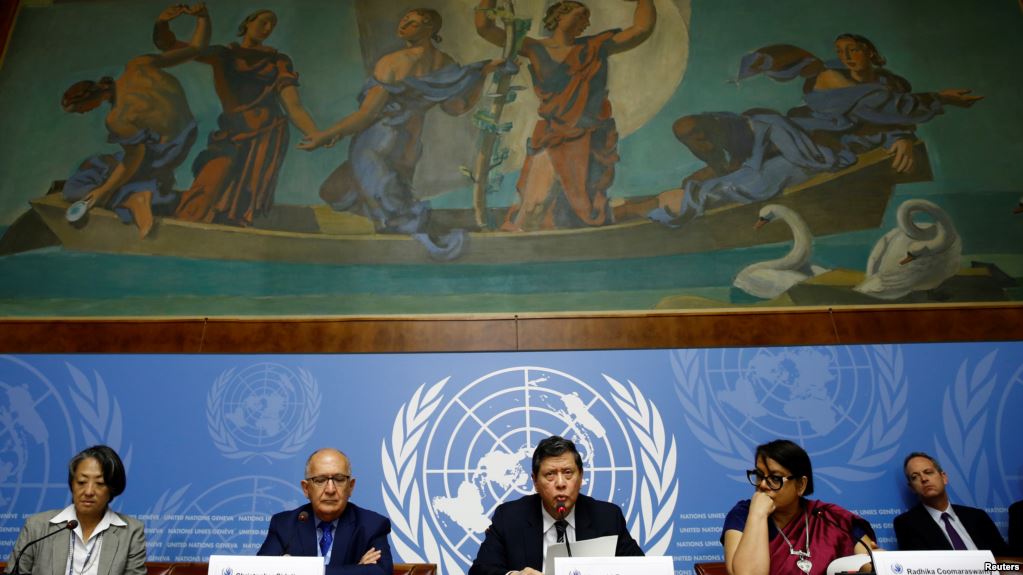The French Constitutional Council’s decision that the law which legalizes the punishment of those denying the Armenian genocide allegations with a prison term of one year and a fine of 45.000 Euros is in violation of the French Constitution on grounds that it harms freedom of expression, has been met with pleasure in Turkey. It was believed that this issue, which for a long time constituted the first item on the agenda in the media, was resolved. However, considered closely, it could be seen that no problems were resolved, but were delayed until after the French presidential and parliamentary elections.
As soon as President Sarkozy heard the Constitutional Council’s decision, he ordered the Government to prepare a new bill that would punish the denial of “the Armenian genocide” and to submit it to the Parliament. However, since the Parliament will recess for presidential elections in a week, this initiative has been delayed. In order to calm down the Armenians who experienced great disappointment after the decision of the Constitutional Council, President Sarkozy visited the Armenian community in Marseille and repeated to them that this issue will be re-addressed after the elections. Moreover, by receiving the prominent figures of the Armenian community in the Presidential Palace in Paris, Sarkozy also made promises to them on this issue. Therefore, President Sarkozy undertook some commitments which are quite difficult to abandon in the future. This situation shows that if President Sarkozy is elected, not only Turkey’s issues with France concerning the Armenian question will continue, but so will obstacles regarding Turkey’s European Union membership process.
It could be seen that Sarkozy’s main opponent in the Presidential elections François Hollande, the candidate of the Socialist Party who is more likely to be elected compared to Sarkozy, has also made some promises to the Armenians which are much more advanced than those of Sarkozy’s. These could be summarized as follows:
Hollande has indicated that if elected, he will work towards passing a law which foresees the punishment of those denying the Armenian genocide allegations and that this will not occur at any point during his presidential term of five years, but at the very beginning of his term of office. It would mean that if Hollande is elected, Turkey will deal with a new bill in 2012.
The Socialist Party is known for not opposing Turkey’s membership into the EU. In fact, the party executives have stated many times that they do not oppose Turkey’s membership if it fulfills the EU criteria. However, during his talks held with the Coordinating Committee of Armenian Organizations in France on 12 March 2012, Hollande has created a new criterion for Turkey’s EU membership by expressing that if elected he will call on Turkey to recognize the Armenian genocide allegations.
Furthermore, if elected, François Hollande has accepted the government to contribute to an Armenian memorial museum to be established in France which was originally planned to be inaugurated in 2015.
Last of all, Hollande has expressed that he will show special effort for the conflicts in Karabakh not to start over again.
This way, François Hollande has accepted all Armenian demands without any reservations.
Therefore, the two leading French candidates of the presidential elections have promised to fulfill all matters wanted by the French Armenians. In this situation, it is difficult for the French Armenians to prefer one of these candidates to the other one. Thus, it must be expected that the French Armenians will not vote based on the promises of these candidates, but on their own political preferences and this means that the efforts and promises of these two candidates to win the votes of Armenians will not greatly benefit them.
On the other hand, it could be understood that if these promises are kept, France will experience serious problems with Turkey and to an extent with Azerbaijan following the elections.
© 2009-2025 Center for Eurasian Studies (AVİM) All Rights Reserved
THE FAIRYTALES OF BOGHOS
 UN FACT-FINDING MISSION REPORT ON MYANMAR CONFIRM THE IMPORTANCE OF GENOCIDE CONVENTION
UN FACT-FINDING MISSION REPORT ON MYANMAR CONFIRM THE IMPORTANCE OF GENOCIDE CONVENTION




























